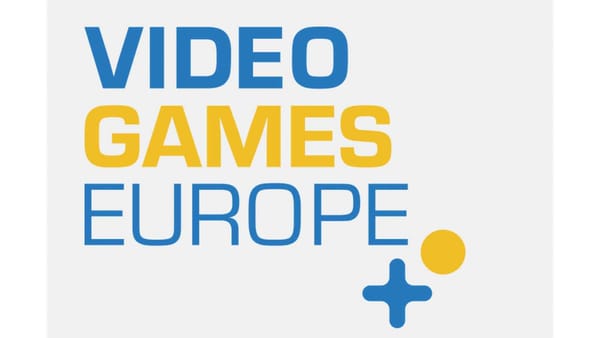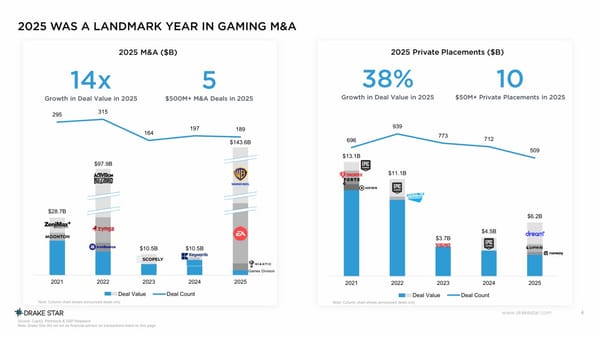Stop Killing Games: The Consumer Protection Paradox



The consumer initiative "Stop Killing Games" has now gathered so many signatures that the European umbrella association VGE has spoken out. The statement raise objections that could cause the initiative to fail.
It is a truly impressive result. According to its own figures, the consumer initiative ‘Stop Killing Games’ has collected more than 1.25 million digital signatures across the EU and is well on its way to meeting the criteria for a successful EU petition. To do so, it must find at least 1 million supporters and exceed certain thresholds in at least 7 EU countries. According to its own website, Stop Killing Games wants to collect a total of 1.4 million signatures to ensure that it has enough votes, even if all invalid votes are deducted during the verification process.
The industry is keeping a close eye on this issue, as shown by the latest statement from Video Games Europe (VGE). As the European umbrella organisation for game publishers, VGE represents companies being criticized by Stop Killing Games for shutting down online games instead of letting buyers keep playing on their own.
"We appreciate the passion of our community; however, the decision to discontinue online services is multi-faceted, never taken lightly and must be an option for companies when an online experience is no longer commercially viable. We understand that it can be disappointing for players but, when it does happen, the industry ensures that players are given fair notice of the prospective changes in compliance with local consumer protection laws," VGE stated.
The association further argues: "Private servers are not always a viable alternative option for players as the protections we put in place to secure players’ data, remove illegal content, and combat unsafe community content would not exist and would leave rights holders liable."
It is an argument that could ultimately lead to the initiative failing, even if enough signatures were collected. This is because there is a lot of movement on the issue of youth and consumer protection, particularly in relation to online games, at European level and among consumer protection organizations. Although this primarily concerns the use of virtual currency in games and related monetization strategies, it does raise the question of responsibility.
Who is responsible for preventing hate speech, cyber grooming, fraud or other practices in games where the publisher has officially pulled the plug? And even if we stick to monetization, the question arises as to how consumer protection organizations will position themselves.
According to Stop Killing Game, complaints have been lodged with the relevant organizations in connection with ‘The Crew’, including the Verbraucherzentrale Bundesverband (vzbv; German Federal Association of Consumer Organisations. No decision has yet been made, but the vzbv is one of the leading authorities when it comes to monetization practices such as those used in The Crew.
It will be interesting to see how consumer protection organizations in the EU will position themselves, and whether Stop Killing Games will really find allies among them. The organization could certainly use them, not least because it lost supporters in the last European Parliament elections. Niklas Nienaß and Patrick Breyer, who as members of the European Parliament addressed questions on the subject to the EU Commission, were both not re-elected in 2024.
Video Games Europe is certainly striving to find further economic arguments and, above all, is showing itself to be open to discussion: "In addition, many titles are designed from the ground-up to be online-only; in effect, these proposals would curtail developer choice by making these video games prohibitively expensive to create. We welcome the opportunity to discuss our position with policy makers and those who have led the European Citizens Initiative in the coming months," the association stated.
Never miss anything from the German, Swiss and Austrian games industry again: subscribe for free to our Daily newsletter and get all news straight to your inbox.








